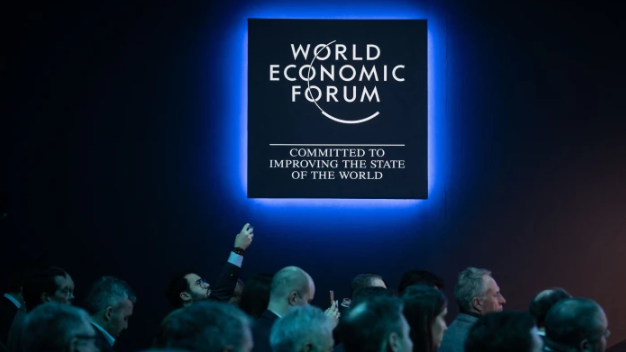The health strategist
research institute, knowledge portal & advisory consulting
for continuous health transformation
and digital health — for all
Joaquim Cardoso MSc.
Servant Leader,
Chief Research & Strategy Officer (CRSO),
Editor in Chief and Senior Advisor
January 16, 2024
This is an Executive Summary of the article “Is Davos still worthwhile?”, written by the Editorial Board, and published by the Financial Times.
Central Message:
Amidst the changing global landscape and the erosion of the “Davos consensus,” the World Economic Forum’s annual gathering in Davos faces questions about its relevance.
However, despite the shift towards nationalism and the challenges to its original globalist vision, Davos remains a valuable networking opportunity, driven by the fear of missing out on influential connections and life-changing encounters.
Key Points and Arguments:
Evolution of Davos: Initially focused on sharing best management practices, Davos has expanded its scope to address economic, political, and social issues. The event has grown in size and cost, with over 200 sessions and increasing corporate attendance, but its core strength lies in networking opportunities.
Changing Global Landscape: The decline of the “Davos consensus” is marked by a resurgence of national loyalty, the reevaluation of borders as protective measures, and the acknowledgment of the significance of the big state. This shift challenges Davos’s original globalist vision.
Echo Chamber Risk: Despite the increasing threats to global stability, there is a risk that Davos may become an echo chamber, reinforcing the beliefs of like-minded individuals rather than fostering genuine solutions to the world’s problems.
Lofty Ambitions vs. True Purpose: While the forum often expresses lofty ambitions, its true purpose lies in its unparalleled power as a networking opportunity. The value of off-the-record conversations and informal interactions often surpasses the structured discussions on stage.
Perpetual Motion Effect: The continued appeal of Davos on a global scale is driven by the fear of missing out. The event’s success lies in its ability to perpetuate ongoing attendance by offering a snowy week of networking, partying, and the chance for life-changing encounters.
Examples and Statistics:
Historical Context: Davos, founded in 1971 as the European Management Forum, initially aimed at sharing best management practices among business leaders.
Changing Reality: The global landscape has shifted towards national fealty, considering borders as protective measures, and embracing the role of the big state.
Expanding Reach: Davos’s official conference has evolved into a vast event, featuring over 200 sessions and attracting business leaders, politicians, and journalists, despite rising costs and the sometimes rambling nature of discussions.
Networking Appeal: The undiminished global appeal of Davos is evident in the curious allure of a snowy week filled with networking, parties, and the potential for life-changing meetings.
Conclusions and Recommendations:
In conclusion, while the original globalist vision of Davos may be challenged by changing geopolitical dynamics, its enduring value lies in its unmatched capacity as a networking opportunity.
To maintain its relevance, Davos should navigate the risk of becoming an echo chamber, ensuring that it continues to foster meaningful connections, off-the-record discussions, and genuine solutions to pressing global issues.
Recommendations include a strategic focus on the event’s core networking strengths, while also addressing the need for diversity of perspectives to enhance its impact on the evolving world stage.










